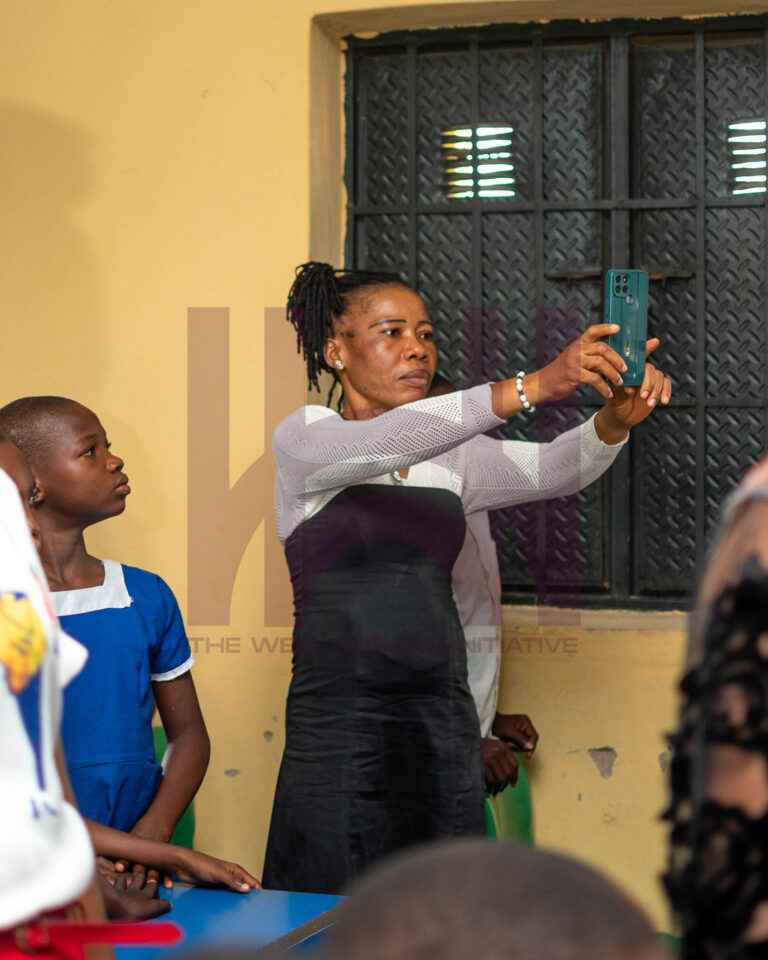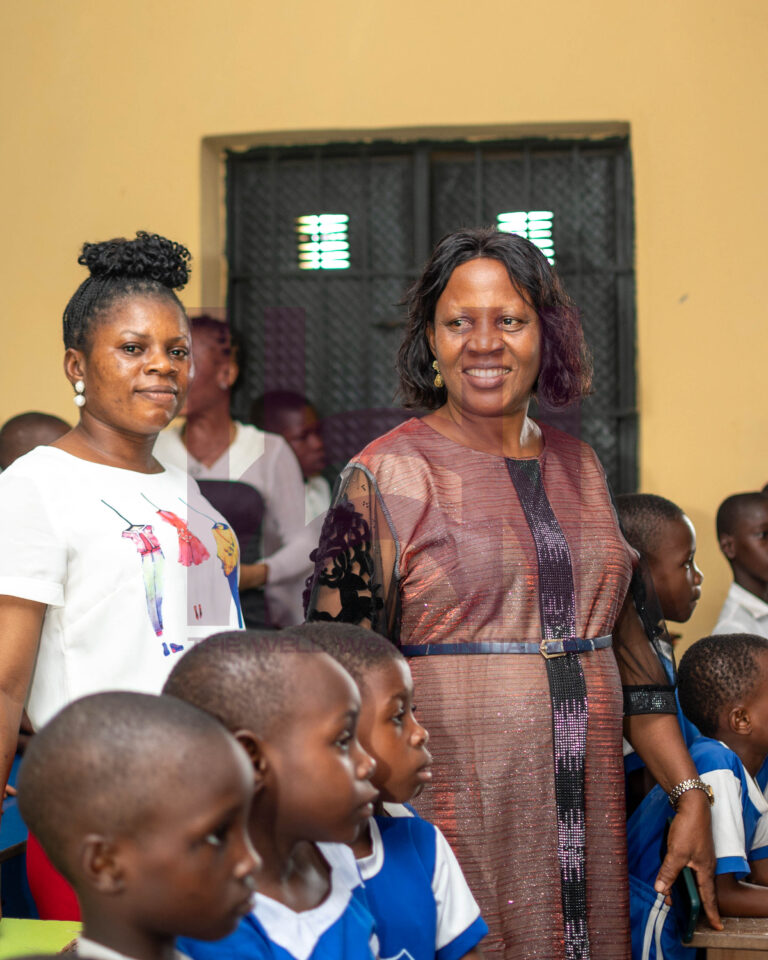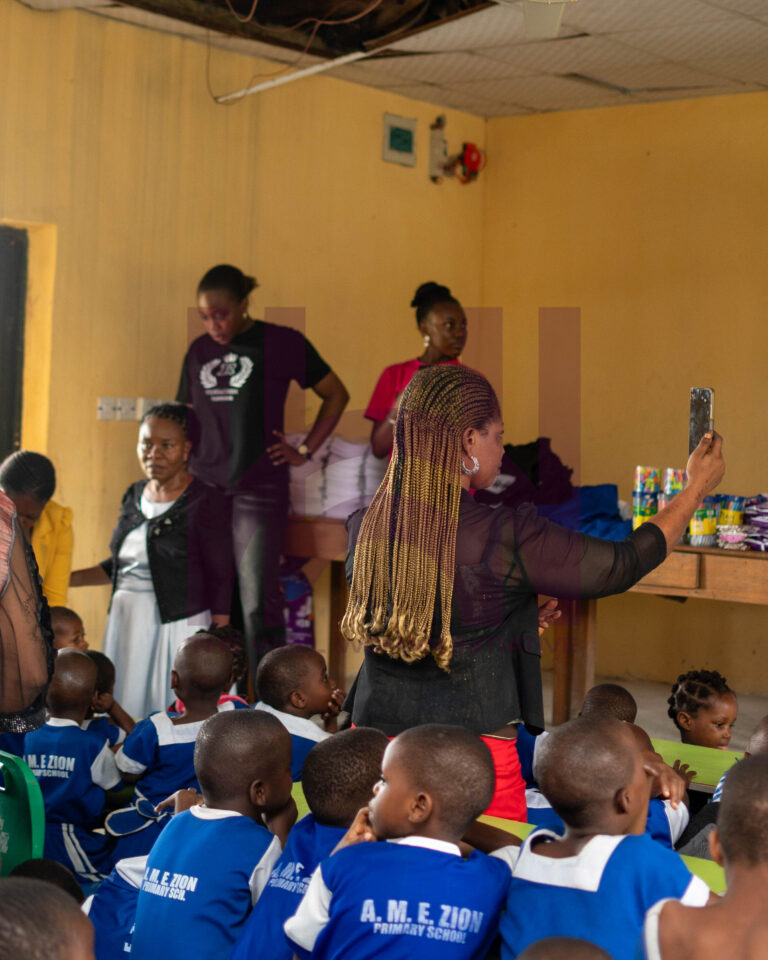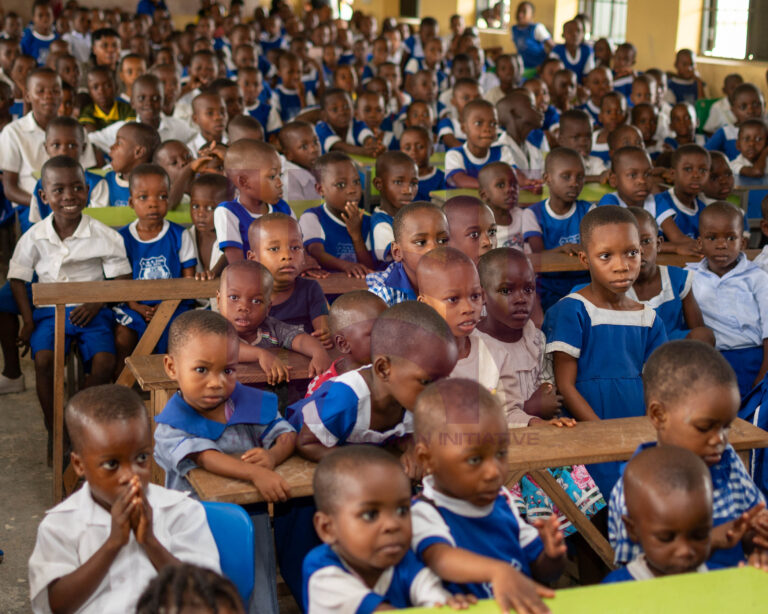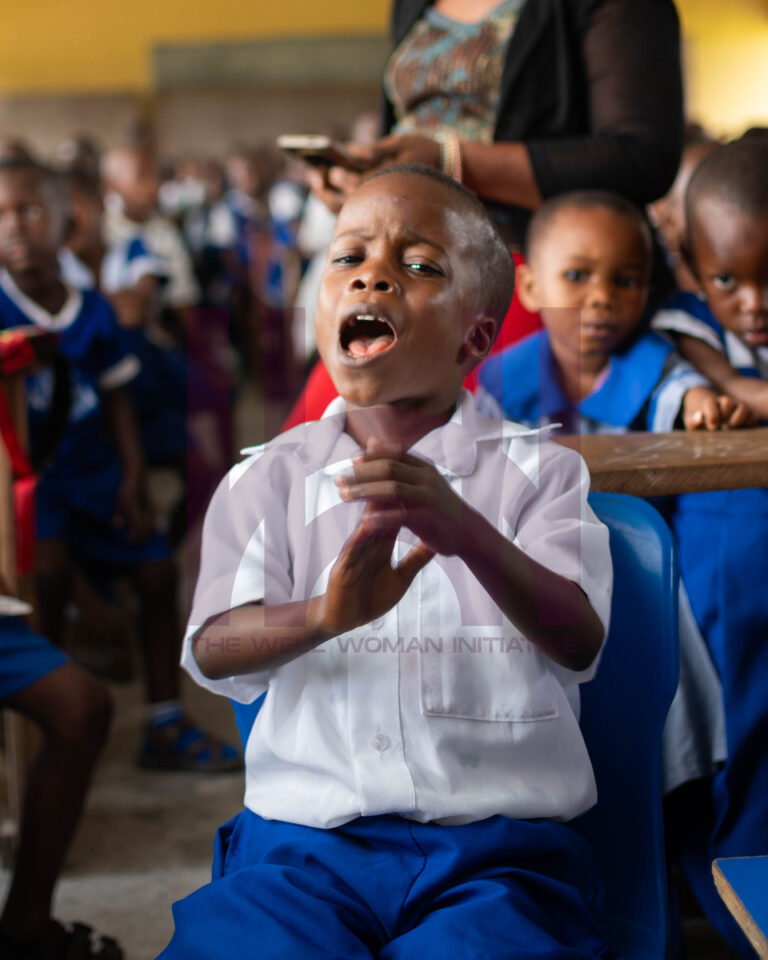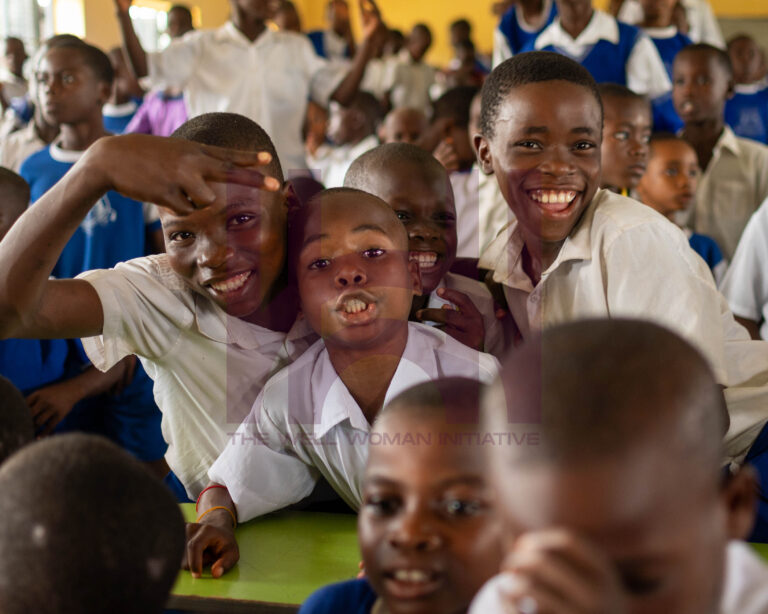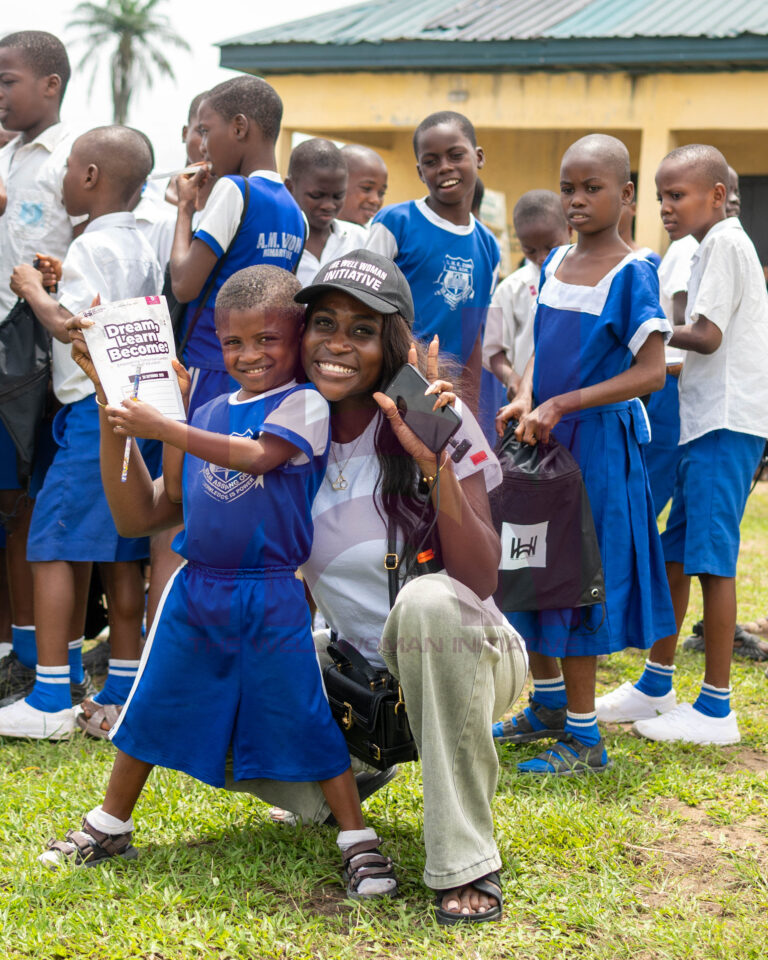Welcome to The Wellwoman Initiative, where young African women rise as the leaders of tomorrow.
We’re a youth-led, African-rooted nonprofit committed to empowering women through health, education, and gender equality.
We don’t just inspire change, we build it.
Join us as we create a generation of confident, educated, and purpose-driven women who transform their communities and the world.
You don’t have to lead a revolution to be part of one.
When you join The Wellwoman community, you connect with women and allies who refuse to accept inequality as inevitable.
Membership unlocks:
Priority consideration for volunteer roles.
Our volunteers don’t just assist, they lead.
Whether in logistics, content, outreach, or research, you’ll grow as a leader while driving real impact.
Professional development certificate.
Leadership and nonprofit management experience.
Access to skill-building and networking opportunities.
Our HerMentor program connects women professionals with girls seeking direction, mentorship, and hope.
